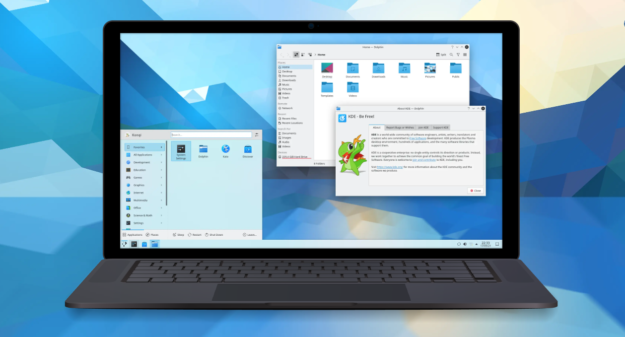Have you voted yet in the first round of our Linux Desktop Poll? The winning Desktop Environment project will receive passes to this year's SCALE, All Things Open, plus t-shirts and hats.
FOSS Force
KDE's Plasma desktop environment, once considered something of a resource hog, has more features than ever and is Linux's most configurable desktop, yet it's as easy on resources as relatively lightweight desktops such as Xfce..
Here are the five most read articles on FOSS Force for the week ending February 3, 2023.
Since Feburary is Linux Desktop Environment Month here at FOSS Force, we figured what better way to get the ball rolling than with a fun…
There are something like 300 Linux distributions. Thankfully, the list of Linux desktop environments is much shorter, but there are still plenty.
Here's a look at the 10 most read articles on FOSS Force for the month of January, 2023.
Somebody should make a movie of this story, with Red Hat as the damsel who finds her power, and Oracle cast as the volatile leading…
The Open Source Initiative is planning on making a few changes to how they do things. They think they've got it figured out, but first they want to know what you think.









